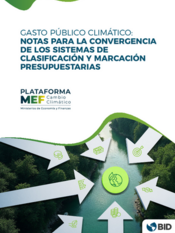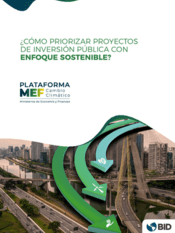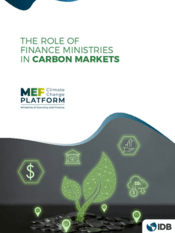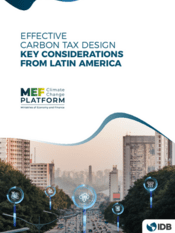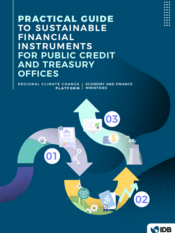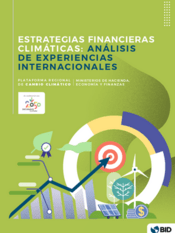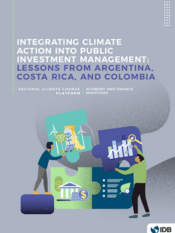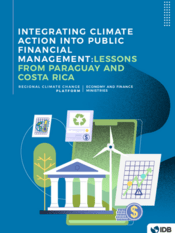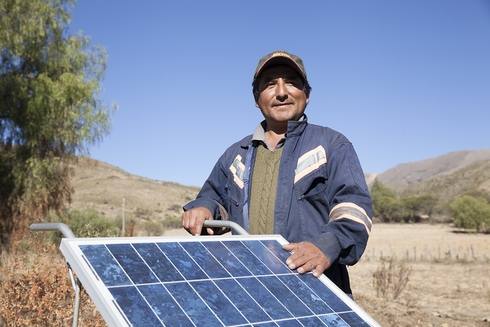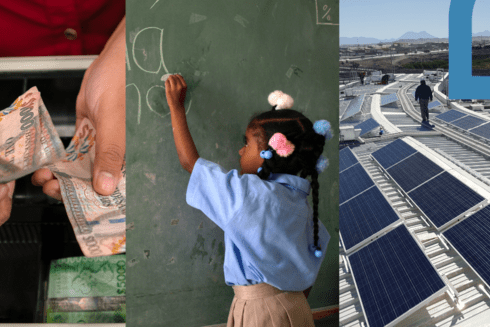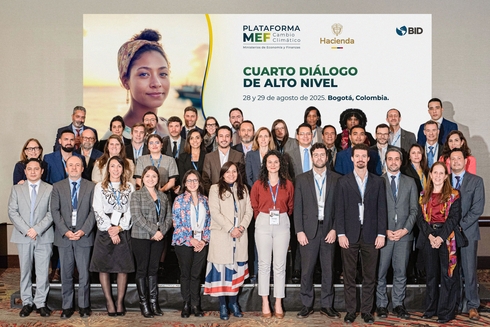
Extreme climate events affect not only ecosystems and the livelihoods of millions, but also place significant strain on public finances. Latin America and the Caribbean is among the world’s most vulnerable regions to these impacts.
However, these challenges also represent an opportunity to transform the region’s development model and move toward more resilient, sustainable, and competitive economies. In this process, Ministries of Economy and Finance (MEFs) play a key role in leading a structural shift where environmental and fiscal sustainability go hand in hand.
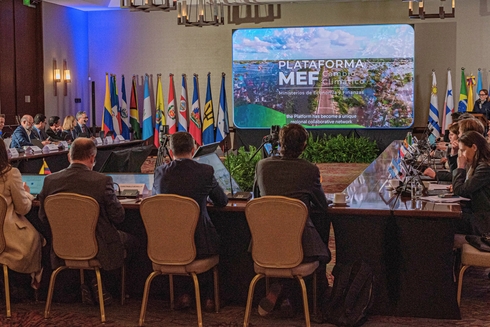
In response to this challenge, the MEF Climate Change Platform was created as a collaborative network of governments that is reshaping how Latin America and the Caribbean address climate challenges through fiscal policy.
Established in 2022 by mandate of the IDB Governors and led by the MEFs, the Platform brings together 26 borrowing member countries around a shared vision of sustainable finance. Through collective intelligence, it generates specialized knowledge and promotes the implementation of practical fiscal climate policy solutions, turning challenges into development opportunities across the region. The Platform is funded by the International Climate Initiative (IKI) of the German Federal Government.


We promote the integration of climate risks into economic and fiscal planning. This includes accounting for the impact of extreme climate events and transition risks in macroeconomic projections and financial programming tools.

We support MEFs in adopting green public financial management best practices, integrating climate considerations into public investment management, and promoting sustainable public procurement practices.
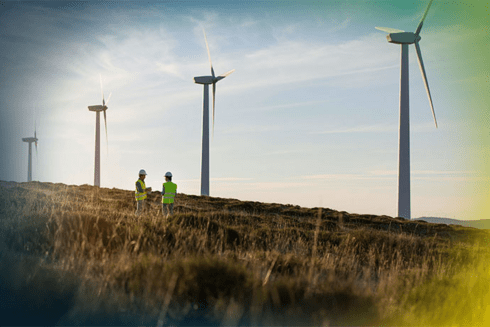
We strengthen knowledge and implementation of fiscal and market-based tools, including environmental and carbon taxes, carbon markets, fossil fuel tariffs and subsidies phase-out, as well as fiscal incentives for strategic sectors.

We assist in the development of green financing strategies, structuring capital market operations (such as debt-for-nature swaps or sustainable bonds), and strengthening regulatory frameworks to attract private sector investment.

We support the integration of climate risk into the financial systems and promote the development and use of sustainable finance instruments including, green or sustainable taxonomies, green bonds, and ESG guidelines.

We promote the integration of climate risks into economic and fiscal planning. This includes accounting for the impact of extreme climate events and transition risks in macroeconomic projections and financial programming tools.

We support MEFs in adopting green public financial management best practices, integrating climate considerations into public investment management, and promoting sustainable public procurement practices.

We strengthen knowledge and implementation of fiscal and market-based tools, including environmental and carbon taxes, carbon markets, fossil fuel tariffs and subsidies phase-out, as well as fiscal incentives for strategic sectors.

We assist in the development of green financing strategies, structuring capital market operations (such as debt-for-nature swaps or sustainable bonds), and strengthening regulatory frameworks to attract private sector investment.

We support the integration of climate risk into the financial systems and promote the development and use of sustainable finance instruments including, green or sustainable taxonomies, green bonds, and ESG guidelines.

We mainstream biodiversity and climate governance across our priority areas, embedding them in knowledge products and capacity-building efforts.
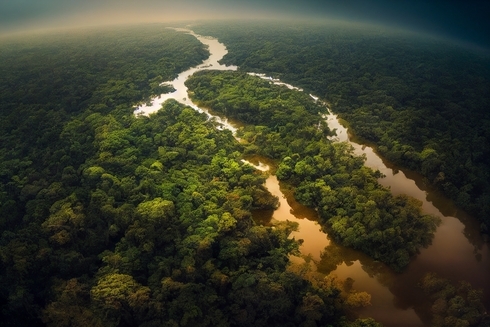
We integrate biodiversity and natural capital into fiscal policy. This includes understanding how MEFs can influence this agenda based on their roles and mandates, including risks, opportunities, as well as financial instruments.

The Platform supports the Ministries of Finance in promoting the exchange of best practices in governance, defining strategic actions, and identifying reforms that strengthen their leadership in the environmental agenda.

The Platform is organized around three key components: the presidency, the technical secretariat, and the workstreams.
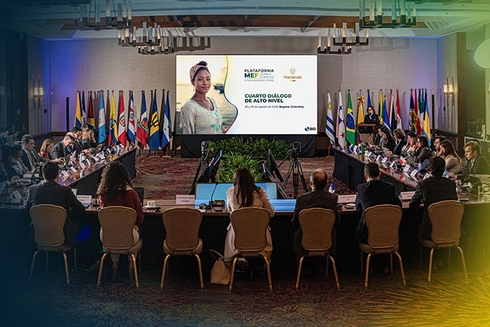
Member countries elect a rotating pro tempore presidency each year. The selected country leads the implementation of the work plan and provides strategic support to member countries. The IDB, as the technical secretariat, offers technical assistance to the presidency in executing and monitoring the work plan. The current pro tempore presidency is held by the Ministry of Finance of Brazil (September 2025 – August 2026).
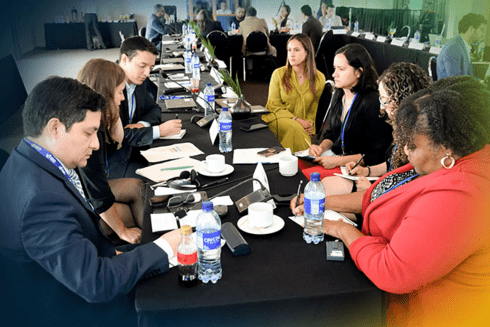
As the Technical Secretariat, the IDB works closely with the pro tempore presidency and MEFs to facilitate collaboration, capacity-building, and experience-sharing. It also coordinates and mobilizes technical support, knowledge dissemination, and funding to help ministries achieve their goals in the priority areas.
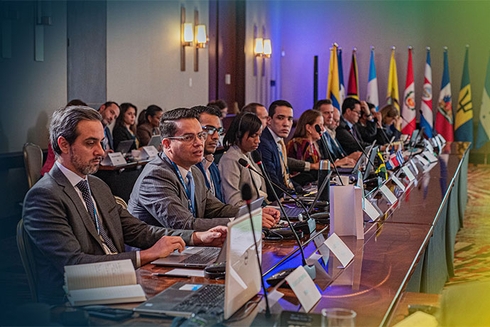
To implement the work plan, the Platform structures its activities around thematic areas defined by the interests and priorities of its members and the presidency. Under Brazil’s pro tempore presidency, seven areas are being developed, covering topics such as country platforms, market trends in sustainable financing, public procurement, and the implementation of budget classifiers, among others. The plan also integrates cross-cutting approaches to biodiversity, and governance, with a strong emphasis on policy implementation.


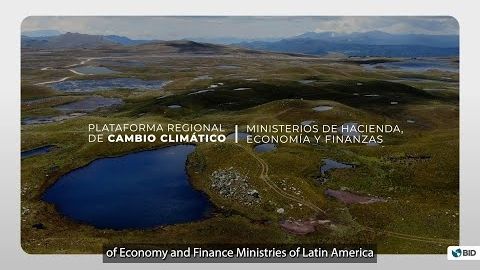
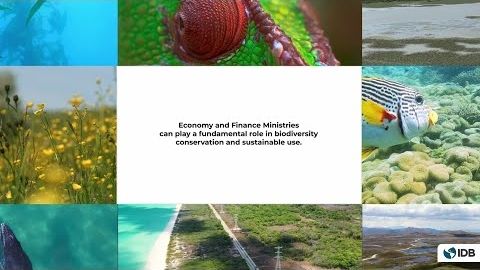
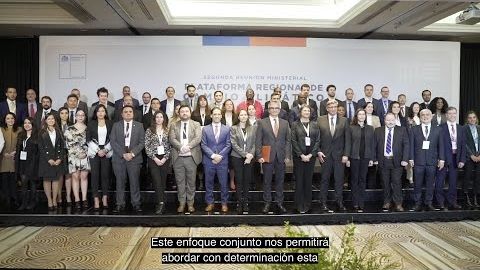
Discover the topics in which we work to improve lives in Latin America and the Caribbean.
Explore our offices across countries and the work they do to improve lives.


